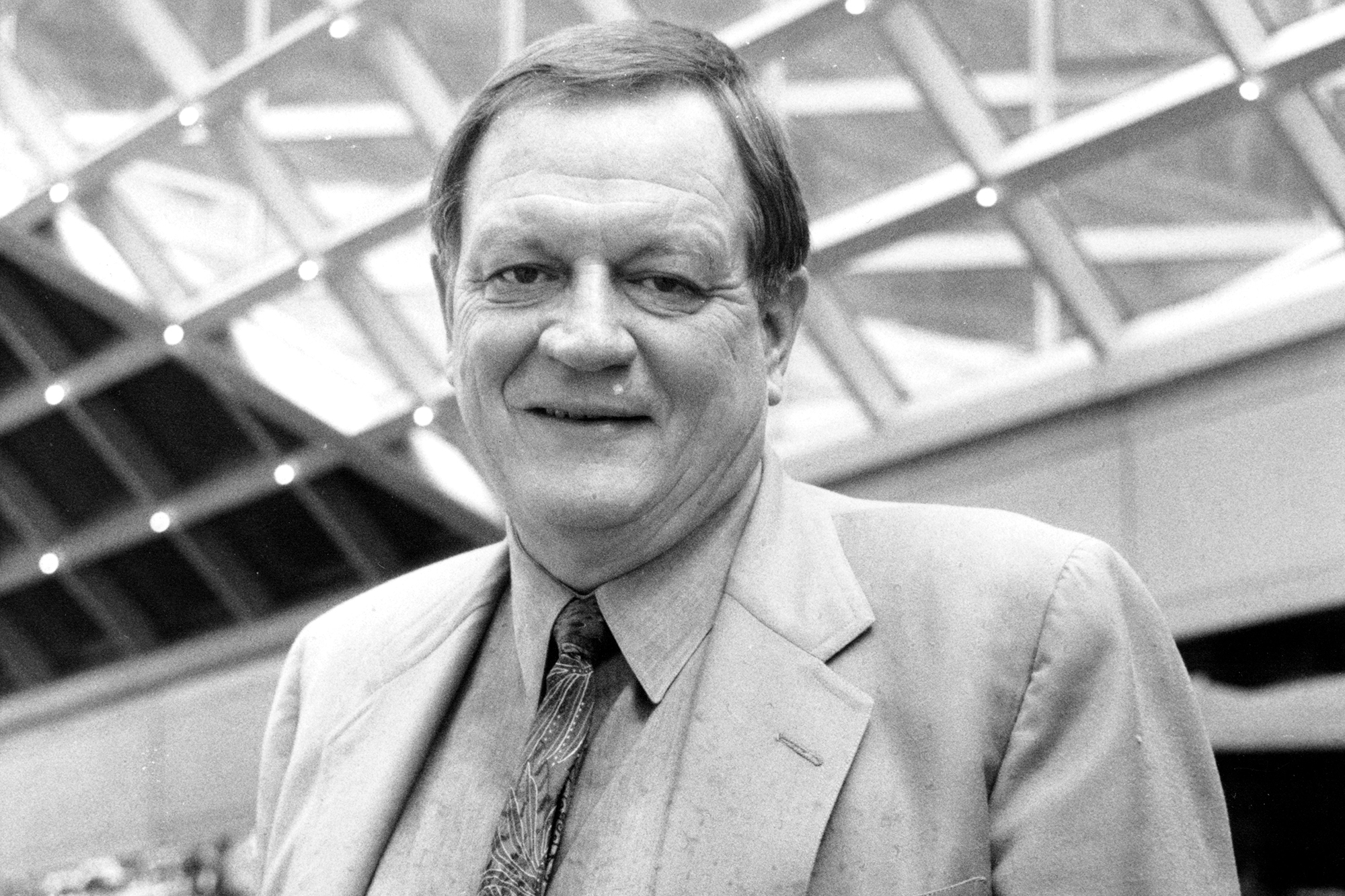
Richard Schickel, who died Feb. 18 in Los Angeles, at 84, was a critic, a scholar and a filmmaker. But first and foremost, he was a lover of movies and of all the complicated, sometimes perplexing pleasures, that come with them. As TIME magazine film critic from 1972 to 2010, he understood why people go to the movies because he was able to pinpoint, with spirit and elegance, what he liked in a movie himself. Here’s Schickel, in 2007, on Paul Thomas Anderson’s There Will Be Blood: “His movie is full of echoing silences, punctuated by acts of violence that are sometimes accidental, sometime inevitable. It is also a work that is easy to understand too quickly and utterly depends for its haunting resonance on the great performance that stands at its center.” Schickel, a longtime student of star power, had this to say about the picture’s anchor: “Monster, idealist, con man, obsessive — Daniel Plainview, toweringly portrayed by Daniel Day-Lewis, offers anything but a plain view of himself in There Will be Blood.”
If you were an aspiring critic or filmmaker, or even just a lover of film, in the 1960s and 1970s, you sought out Schickel’s point of view. He knew how movies worked, and he knew how the movie business worked. From 1965 to 1972, before he came to TIME, he’d been the Life magazine film critic. His 1968 biography of Walt Disney, The Disney Version: The Life, Times, Art and Commerce of Walt Disney, took a critical view of the feel-good entrepreneur and the empire he built. At the time, that was an eye-opening point of view. Few wanted to think of Disney and the movies his company made in anything but the most glowing, nostalgic terms. But Schickel—who was born in Milwaukee and grew up in suburban Wauwatosa, Wisconsin—understood that Disney was, among other things, both a product and the embodiment of the American Midwest. “One thinks of Disney’s Americanism,” he wrote, “of the kind of clean, moral, simple, and innocent stories he most often chose to present on the screen, of the right-wing politics of his later years, of his broad, gag-oriented sense of humor, containing no elements of social or self-satire, as entirely typical of the region that formed him.”
Schickel also acknowledged, of course, Disney’s radical genius. That’s because he was alive to, and attuned to, movies in every form and genre. He wrote 37 books, provided the DVD commentary tracks for numerous classic films and also wrote or directed some 30 documentaries, among them Life Goes to the Movies, which earned an Emmy nomination in 1977. In 1987, he directed the documentary Minnelli on Minnelli: Liza Remembers Vincente, which garnered two Emmy nominations. His 1973 PBS documentary series The Men Who Made the Movies was a staple for any movie-mad kid at the time. For many of us, it was an introduction to the likes of Howard Hawks, George Cukor and Alfred Hitchcock.
Schickel could be gruff in person. But that’s often an indicator of a mind that’s always at work—certainly true in Schickel’s case. He was able to see the great beauty in contradiction, whether he was writing about a specific movie, a body of work, or a single performer. Writing about Marlon Brando in TIME in 1998, Schickel traced the great actor’s arc—beginning with his first starring role on-stage and later in film in Elia Kazan’s A Streetcar Named Desire—in few single, eloquent sentences: “He would go on to give us a few great things, and a few near great things, but eventually he would abandon himself, as every tabloid reader knows, to suet and sulks, self-loathing and self-parody. The greatness of few major cultural figures of our century rests on such a spindly foundation. No figure of his influence has so precariously balanced a handful of unforgettable achievements against a brimming barrelful of embarrassments.” But Schickel also reveled in Brando’s grandeur, calling him “that heartbreakingly beautiful champion of the Stanislavskian revolution in acting.”
Richard Schickel could be direct and unsparing. But his work stands against everything that people so often misunderstand about critics. His toughness sprang from his passion for movies—because, in both their riches and their disappointments, they demand nothing less from us.
More Must-Reads From TIME
- The 100 Most Influential People of 2024
- Coco Gauff Is Playing for Herself Now
- Scenes From Pro-Palestinian Encampments Across U.S. Universities
- 6 Compliments That Land Every Time
- If You're Dating Right Now , You're Brave: Column
- The AI That Could Heal a Divided Internet
- Fallout Is a Brilliant Model for the Future of Video Game Adaptations
- Want Weekly Recs on What to Watch, Read, and More? Sign Up for Worth Your Time
Contact us at letters@time.com